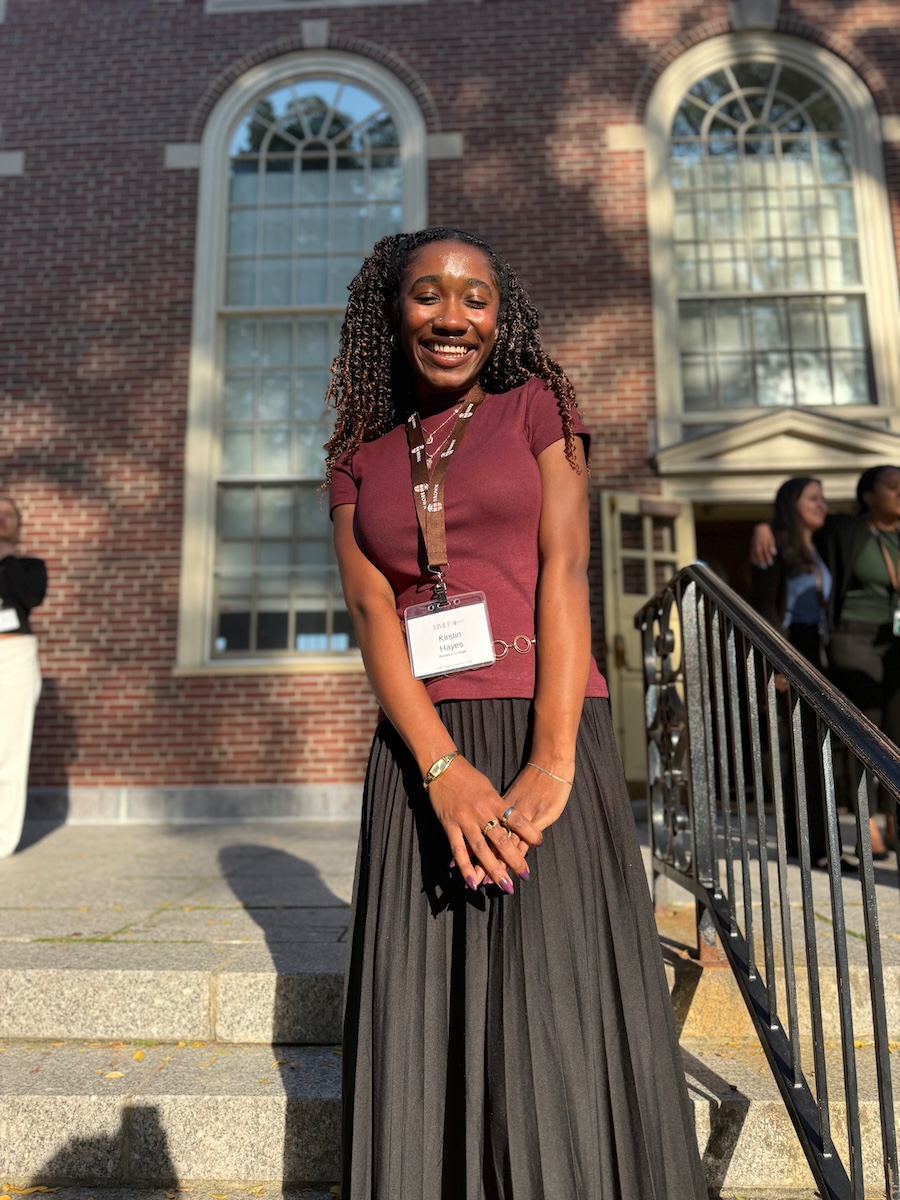Faculty Awards Boost Research and Teaching of the Environment from Different Perspectives
By Tom PorterThe grants cover areas as diverse as chronic disease and social inequality, how plants respond to environmental stimuli, community resilience in the face of climate change and other challenges, and environmental education. The faculty members concerned come from the fields of biology, education, environmental studies, and history.

Barry N. Wish Professor of Social Studies Charles Dorn was awarded a Fulbright Fellowship for his project titled Learning from Education—America Past and Present.
A scholar of United States history and education policy for the past thirty years, Dorn has been invited to Japan to teach undergraduate and graduate students about the American experience in education. The project, he says, will have “significant impact,” encouraging a cross-cultural understanding by providing his students with “an innovative and alternative way of studying the United States, one that differs significantly from standard humanities and social science approaches.”
Dorn says he’s also excited by the prospect of working in Japan, which has played a significant role in promoting environmental education over the past two decades. “The country is credited with proposing the adoption of education for sustainable development as a United Nations priority at the 2002 World Summit on Sustainable Development in Johannesburg and is a cosponsor of the UNESCO-Japan Prize on Education for Sustainable Development (ESD),” he explains. “The Fulbright award,” he adds, “provides an exceptional opportunity for me to engage with students and faculty colleagues around issues relating to ESD as well as the American educational experience more broadly.” Dorn will spend the fall 2024 semester teaching at Hosei and Tsuda Universities, both in Tokyo.

Senior Lecturer in Environmental Studies Eileen Sylvan Johnson and her collaborators at the University of Maine and the University of Southern Maine have been awarded a USDA National Institute of Food and Agriculture grant for their project titled Enhancing Rural Capacities to Strengthen Economic Development and Community Resilience.
“We are building on our research started during the pandemic that explored how rural communities were demonstrating resilience in responding to the pandemic’s impact. My colleagues and I focus on the challenges faced and strengths demonstrated by rural communities in responding to a range of challenges,” explains Johnson.
The goal of the project, says Johnson, is to help these communities build capacity. This involves navigating the different types of assistance available to them in the wake of the economic turmoil and policy changes brought about by challenges like the COVID-19 pandemic and climate change.
“The extent to which rural communities successfully access and leverage grant opportunities depends upon a number of factors associated with capacity. We are hoping to better understand these factors to help support rural community resilience in addressing challenges such as climate change,” she adds.
Johnson and her collaborators, which include eight undergraduates and one graduate student across the three institutions, will conduct their research in Maine, although she expects the results to be useful in the Northeast and nationally.
[FUN FACT: the lead Investigator on the grant is Bowdoin College alum Kathleen Bell ’90, an environmental studies and economics major who is now a UMaine professor specializing in environmental economics.]

Associate Professor of History and Environmental Studies Matthew Klingle was awarded a General Library Services Fellowship from the National Library Of Medicine of the National Institutes of Health for his book project titled Sweet Blood: Diabetes and the Changing Nature of Modern Health.
For the past decade or so, he has been immersed in the study of public health and chronic disease, particularly diabetes. His current project explores how environmental and cultural factors have shaped the history of the disease from the nineteenth century to the present day.
In addition to the measurable factors that can contribute to a person’s likelihood of developing the disease—poor nutrition, obesity, exposure to certain toxic substances—Klingle also aims to highlight the less quantifiable factors. The simple truth, he explains, is that your exposure to a chronic disease like diabetes is inextricably tied up with what socioeconomic class you’re from and what race you are. Diabetes disproportionately affects poor communities and especially communities of color, says Klingle.
“Health is a function of access, wealth, and privilege. For a long time, certain communities, certain bodies, were not seen as being normal or healthy or deserving of greater understanding.” Read more.

Samuel S. Butcher Professor in the Natural Sciences Barry Logan and Associate Director for Science at the Schiller Coastal Studies Center Jaret Reblin, along with their collaborators from Boston University, were awarded a grant from the US Department of Commerce’s National Institute of Standards and Technology (NIST) program for their project titled From Grasses, to Trees, to Forest Fragments—Improving Our Understanding and Modeling of Biogenic Fluxes in Cities (Award 70NANB23H171).
The project, explains Logan, involves using remote sensors mounted on towers, aircraft, or satellites to measure the fluorescent light given off by vegetation. “That’s right,” he explains, “plants not only absorb sunlight; they give off a faint glow whose intensity can be measured.” Researchers have only been remotely measuring this fluorescent glow for a little more than a decade, says Logan, and there is much to learn about how environmental conditions affect the intensity of this glow.
“We’re thrilled for the opportunity to continue our collaborations in pursuit of the mechanistic underpinnings of the relationship between vegetation fluorescence and photosynthesis, with the hope that our work will deepen our understanding of plant function and improve carbon cycle models.”
Reblin adds: “This collaboration has allowed Bowdoin undergraduates to participate in research with principal investigators from other academic institutions, government scientists, postdoctoral researchers, graduate students, and other undergraduate students.”
“What is fascinating about this cluster of awards,” notes Director of Sponsored Research Cara Martin-Tetrault, “is that they all address relevant environmental issues from their respective disciplines: from Eileen Johnson's work enhancing community climate mitigation and resilience to Matthew Klingle's book project at the intersection of disease, health, society, and the environment to Barry Logan and Jaret Reblin's study of plant responses to environmental stress to Charles Dorn establishing a global environmental education network.
“This is important scholarship that our faculty contributes to national and international conversations.”



